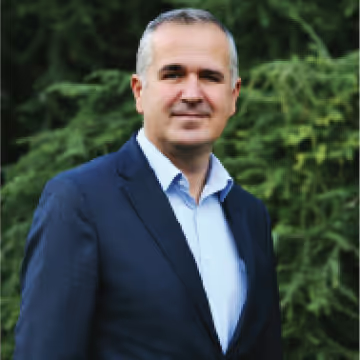Portugal is renowned for its landscapes, rich history, and vibrant culture. But now, it’s making headlines for a different reason – its Portugal’s golden visa scheme. The country is using this program to address two critical issues: supporting migrants and building affordable homes. Let’s understand this initiative in detail and understand its potential implications.
What is Portugal’s Golden Visa Scheme?
The golden visa scheme, introduced in 2012, was designed to attract foreign investment into Portugal. By offering residency permits to investors who meet certain criteria, the program aims to stimulate the economy. Over the years, it has attracted thousands of investors, particularly in real estate, contributing significantly to Portugal’s economic growth.
Recent Developments: Helping Migrants and Affordable Housing
Portugal has recently announced plans to revamp the golden visa scheme with a dual purpose. The updated initiative aims to:
- Support migrants by facilitating their integration into Portuguese society.
- Address the housing crisis by funding the construction of affordable homes.
These changes reflect a more socially inclusive approach, ensuring that economic growth benefits a broader segment of the population.
How Will the Updated Scheme Work?
Under the new framework, investors will have more options for contributing to the Portuguese economy. Here are the key components:
- Investment in Affordable Housing: Investors can channel funds into affordable housing projects, addressing the housing shortage and ensuring that more people have access to decent living conditions.
- Support for Migrant Integration: The scheme will include initiatives aimed at helping migrants integrate, such as language courses, job training, and community support programs.
- Sustainable Development Goals: Aligning with global sustainability goals, the program will prioritize environmentally friendly housing projects, promoting green living and energy efficiency.
Benefits for Migrants
The updated golden visa scheme is a win-win for migrants. It provides them with:
- Residency Security: A clear pathway to residency and potential citizenship.
- Support Systems: Access to resources that facilitate integration into Portuguese society.
- Affordable Housing: Increased availability of affordable housing options.
Impact on the Real Estate Market
The real estate market in Portugal is poised for significant changes. Here’s what to expect:
- Increased Investment in Affordable Housing: A shift from luxury real estate to more inclusive housing projects.
- Market Stability: A more balanced real estate market with diverse investment options.
- Sustainable Growth: Emphasis on sustainable development will attract eco-conscious investors.
Economic and Social Implications
Portugal’s approach could serve as a model for other countries facing similar challenges. The potential benefits include:
- Economic Boost: Continued foreign investment driving economic growth.
- Social Inclusion: Better integration of migrants leading to a more cohesive society.
- Housing Solutions: Addressing the housing crisis through strategic investments.
Challenges and Considerations
While the initiative holds promise, it’s not without challenges:
- Regulatory Oversight: Ensuring investments are directed towards intended projects.
- Market Dynamics: Balancing the real estate market to prevent inflation of housing prices.
- Sustainable Practices: Implementing and maintaining green building standards.
Conclusion: A Promising Path Forward
Portugal’s innovative use of the golden visa scheme to support migrants and build affordable homes is a bold step towards inclusive growth. By aligning economic incentives with social needs, the country is paving the way for a more sustainable and equitable future.
For investors, migrants, and policymakers alike, Portugal’s approach offers valuable insights into creating win-win solutions for economic and social challenges. As the program unfolds, it will be interesting to watch how these changes shape the landscape of Portuguese society and beyond.























